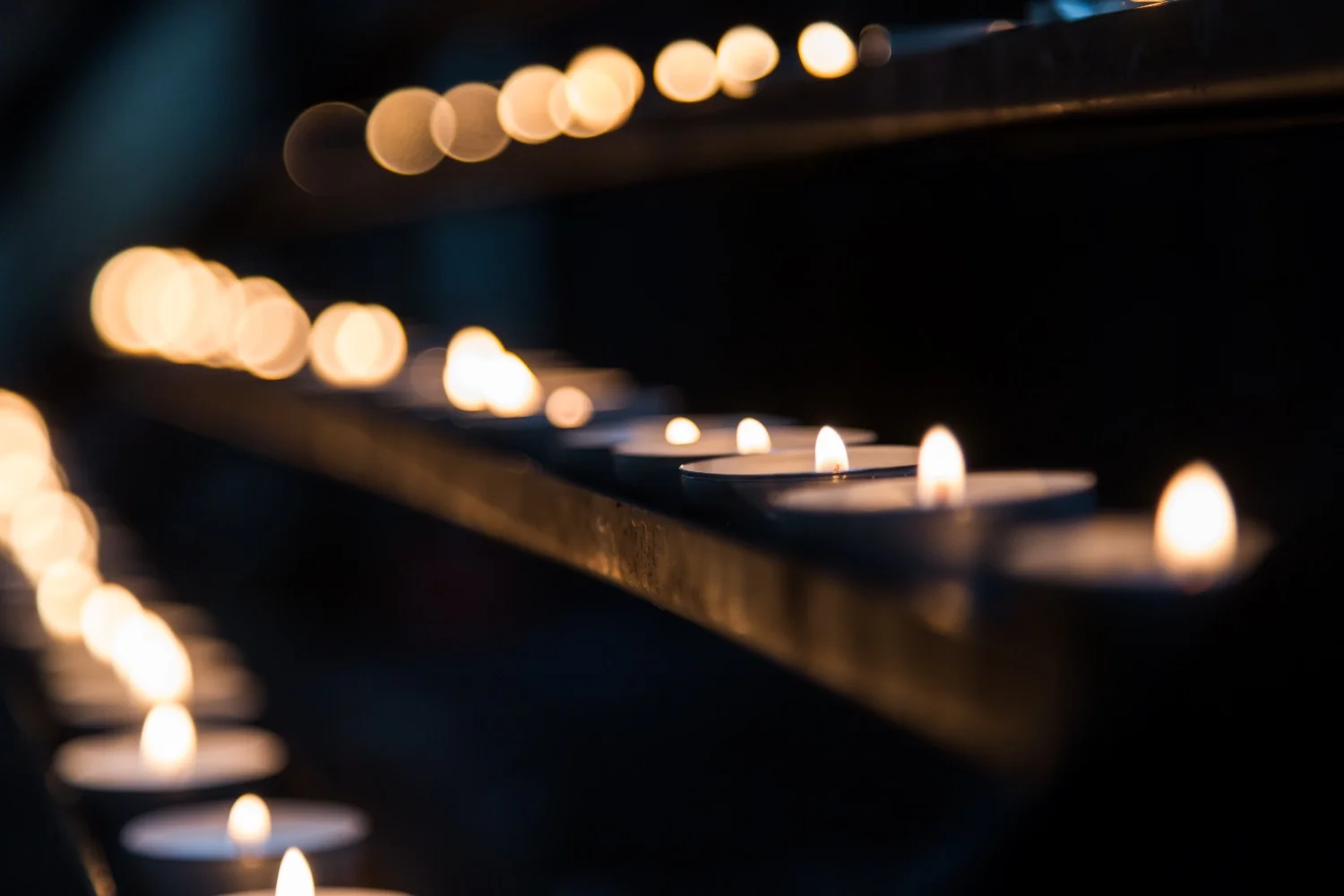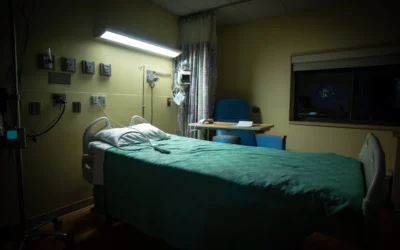The loss of a loved one due to someone else’s negligence is an unimaginable tragedy. In such cases, the legal system allows surviving family members to seek compensation for their losses. This is done through wrongful death claims. These claims often involve different types of damages, categorized as economic and non-economic. In this guide, we’ll explore the distinction between economic and non-economic damages in wrongful death cases. We hope to shed light on what you need to know during this challenging time.
Economic Damages: The Tangible Losses
Economic damages, also known as pecuniary damages, are the quantifiable financial losses incurred as a result of a wrongful death. These damages aim to compensate the surviving family members for the concrete, measurable losses they’ve suffered. Common examples of economic damages in wrongful death cases include:
- Medical Expenses: Any medical bills incurred as a result of the incident leading to the wrongful death may be recoverable. This includes expenses for emergency medical care, hospitalization, surgeries, medications, and other related costs.
- Funeral and Burial Costs: Funeral and burial expenses can be substantial. Economic damages often cover these costs, helping to ease the financial burden on the family during a difficult time.
- Loss of Financial Support: If the deceased was a primary wage earner for the family, economic damages may include compensation for the lost income and financial support that the deceased would have provided to their dependents.
- Loss of Benefits: Survivors may also be entitled to recover the value of benefits that would have been provided by the deceased. This includes health insurance, retirement contributions, and other employee benefits.
- Property Damage: In cases where property is damaged or destroyed as a result of the incident leading to the wrongful death, the cost of repairing or replacing the property may be included in economic damages.
Non-Economic Damages: The Intangible Losses
Non-economic damages are more challenging to quantify because they relate to the emotional, psychological, and personal losses experienced by the surviving family members. These damages seek to compensate for the intangible, non-monetary aspects of the wrongful death. Common examples of non-economic damages in wrongful death cases include:
- Pain and Suffering: Survivors may be entitled to compensation for the pain and suffering endured by their loved one leading up to their death. This can include physical pain, emotional distress, and mental anguish.
- Loss of Companionship: Damages may cover the loss of companionship, love, and emotional support that the deceased provided to their family members.
- Loss of Consortium: These damages are intended to compensate the surviving spouse. Specifically for the loss of the deceased’s companionship, affection, and sexual intimacy.
- Loss of Guidance and Mentorship: If the deceased played a significant role in mentoring or guiding family members, non-economic damages may include compensation for the loss of these intangible benefits.
- Loss of Enjoyment of Life: These damages encompass the loss of the deceased’s ability to enjoy life’s pleasures, hobbies, and activities.
the Balancing act of awarding damages
Determining the appropriate amount of economic and non-economic damages in a wrongful death case can be a complex process. Courts consider various factor. This includes the age of the deceased, their earning potential, the circumstances of the incident, and the impact on the survivors’ lives.
It’s important to note that some states have caps on non-economic damages, limiting the amount that can be awarded. Additionally, some jurisdictions require that economic damages be specifically documented and substantiated through evidence.
In wrongful death cases, economic and non-economic damages work together to provide compensation for the comprehensive losses suffered by survivors. While economic damages cover tangible financial losses, non-economic damages aim to acknowledge the profound emotional and personal toll of the wrongful death. If you are pursuing a wrongful death claim, it’s crucial to work with an experienced attorney. They will help you navigate the complexities of these damages and advocate for fair compensation during this challenging time. Shane Gosdis wants to fight for you. We know that the loss is insurmountable, but we want to help you. To schedule a consultation call (385) 429-9960 or email s@gosdis.lawyer today.




